Understanding Sunburn
Sunburn is a common skin injury caused by overexposure to ultraviolet (UV) light, typically from the sun. It can range from mild skin reddening to more severe blistering and peeling. Knowing how to treat sunburn effectively can ease pain, promote healing, and help prevent further skin damage.
Immediate Steps to Take
As soon as you notice a sunburn, it’s crucial to take immediate action to minimize damage. Here are some essential first aid tips:
- Get Out of the Sun: The first step is to remove yourself from the sun to prevent further UV exposure. Seek shade or go indoors.
- Cool the Skin: Use cool (not cold) compresses or take a cool bath to reduce skin temperature.
- Hydrate: Sunburn can dehydrate you, so drink plenty of water to stay hydrated.
- Avoid Tight Clothing: Wear loose, soft clothing to avoid further irritation to the affected area.
Effective Home Remedies
There are several home remedies you can use to alleviate the discomfort and promote healing:
- Aloe Vera: Apply aloe vera gel or a lotion containing aloe vera for its soothing and anti-inflammatory properties.
- Moisturize: Use a gentle, fragrance-free moisturizer to prevent skin from drying out and peeling.
- Cucumber Slices: Place cool cucumber slices on the sunburnt areas to provide relief – cucumber has natural antioxidant and analgesic properties.
- Oatmeal Bath: Soaking in an oatmeal bath can help soothe irritated skin and reduce inflammation.
- Over-the-Counter Medications: Anti-inflammatory medications like ibuprofen or aspirin can help reduce pain and inflammation.
What to Avoid
While treating sunburn, it’s equally important to know what to avoid:
- Do Not Use Ice: Avoid applying ice or very cold water directly to sunburnt skin, as it can cause more damage.
- Avoid Petroleum-Based Products: Products like petroleum jelly can trap heat in the skin, prolonging the healing process.
- Don’t Pop Blisters: If blisters form, avoid popping them as this increases the risk of infection. If a blister bursts naturally, clean it with mild soap and water, and apply an antibiotic ointment.
When to Seek Medical Help
Mild to moderate sunburns can generally be treated at home, but there are situations where medical attention is necessary:
- Severe Blistering: If you have severe blistering over a large portion of your body.
- Fever and Chills: If you experience a high fever, chills, or signs of heatstroke.
- Persistent Pain: If the pain and discomfort are unbearable and do not subside after over-the-counter medication.
- Signs of Infection: If there are signs of infection, such as increased redness, pus, or red streaks radiating from the blister.
Preventing Future Sunburns
The best way to deal with sunburn is to prevent it from happening in the first place. Here are some tips to protect your skin:
- Use Sunscreen: Apply a broad-spectrum sunscreen with at least SPF 30, and reapply every two hours, or more often if swimming or sweating.
- Wear Protective Clothing: Opt for long-sleeved shirts, pants, a wide-brimmed hat, and UV-blocking sunglasses.
- Seek Shade: Avoid direct sunlight, especially during peak hours between 10 a.m. and 4 p.m.
- Be Extra Cautious with Reflective Surfaces: Water, sand, and snow can reflect sunlight, increasing UV exposure. Take extra precautions in these environments.
- Stay Hydrated: Drink plenty of water to keep your skin hydrated and healthy.
By following these essential first aid tips and preventive measures, you can manage sunburn effectively and enjoy a safe time outdoors.
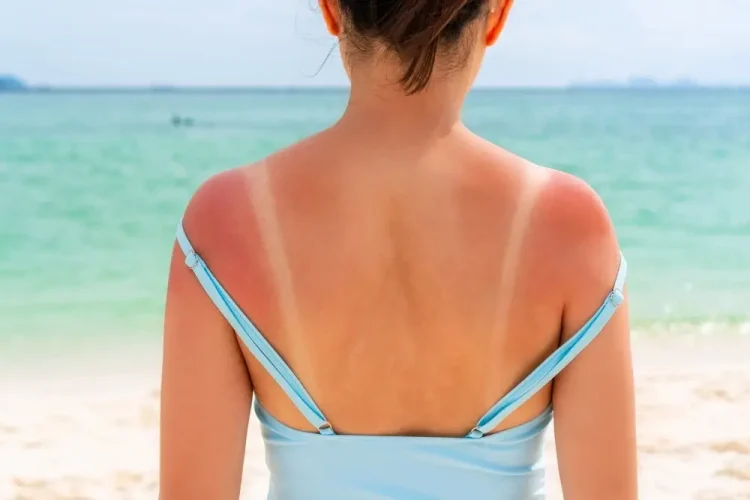
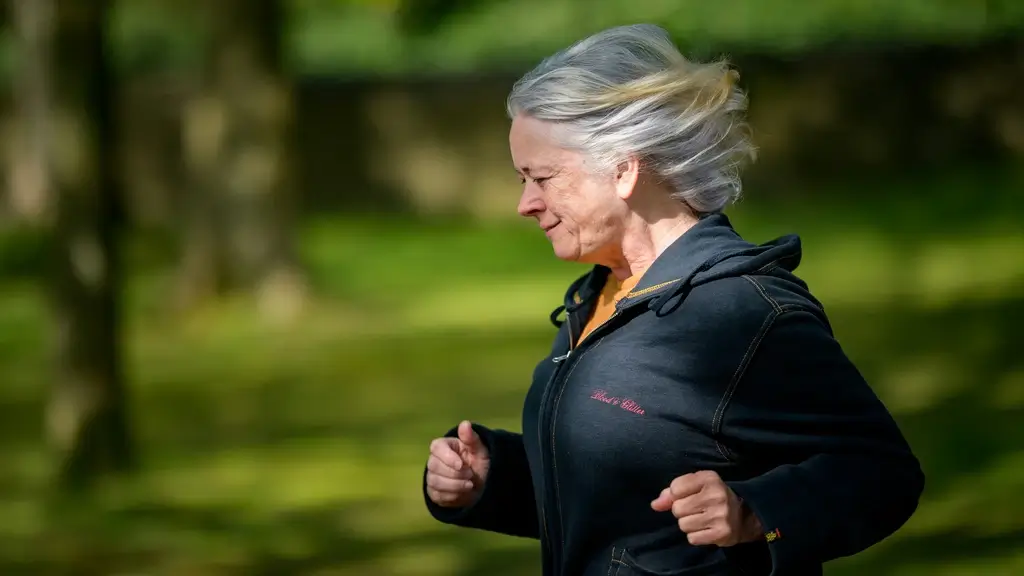


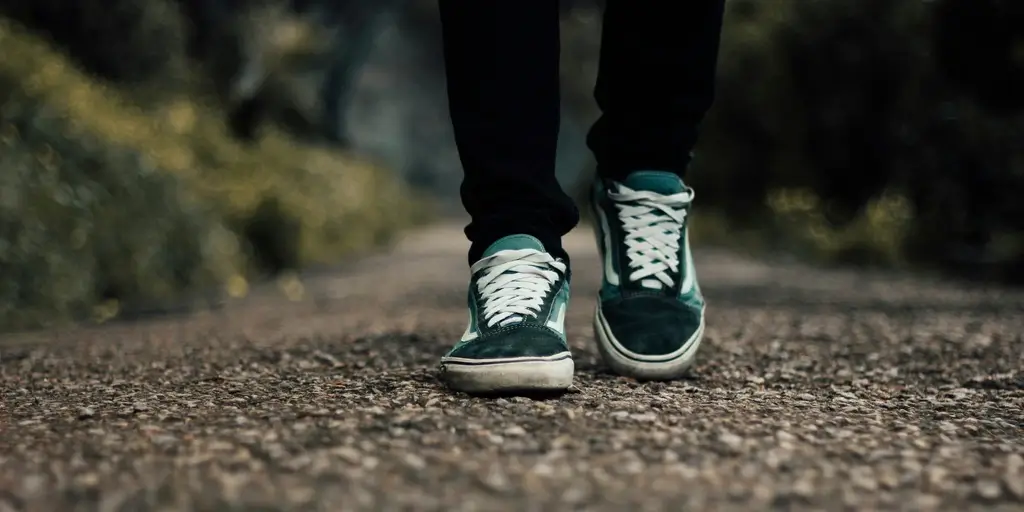
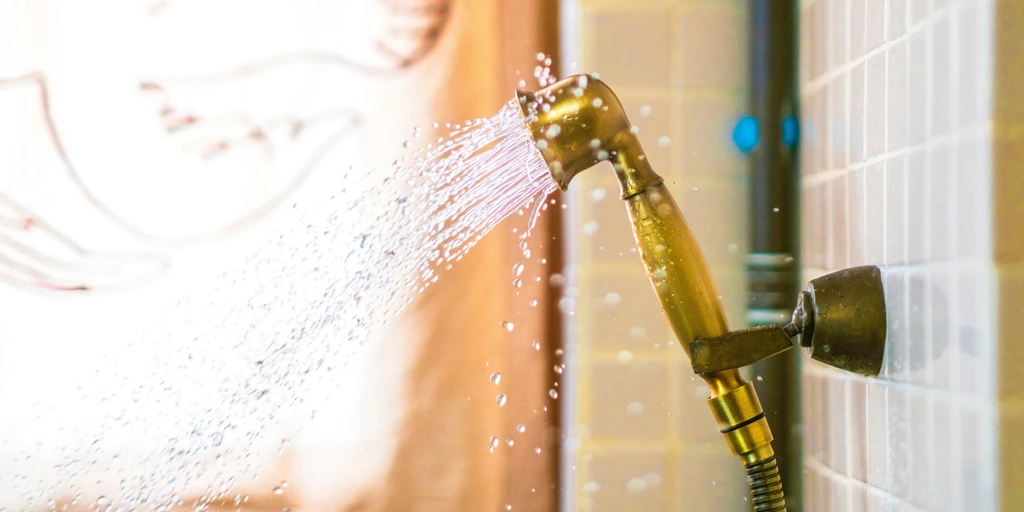


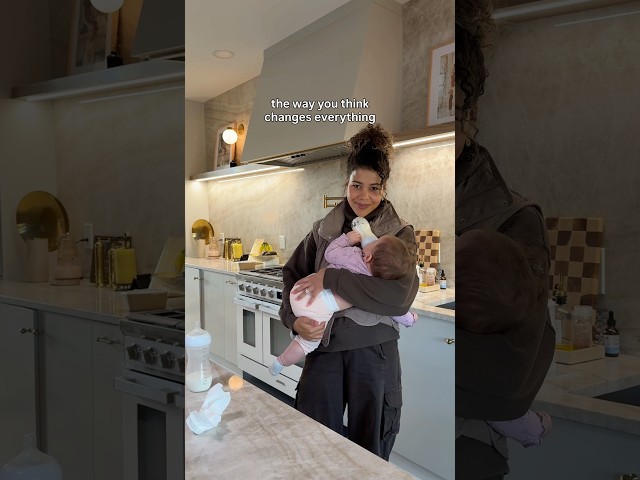
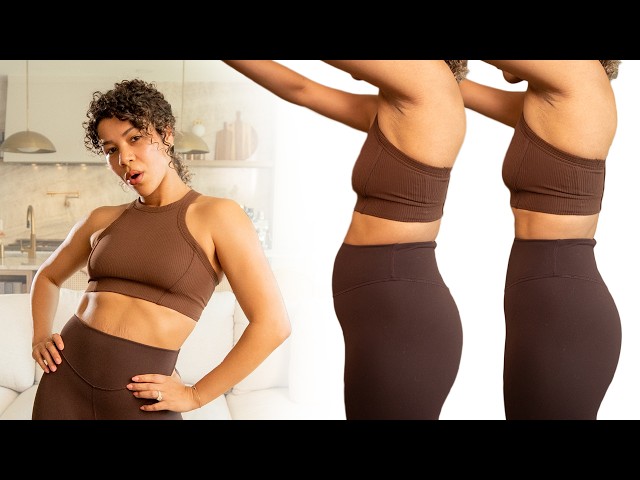
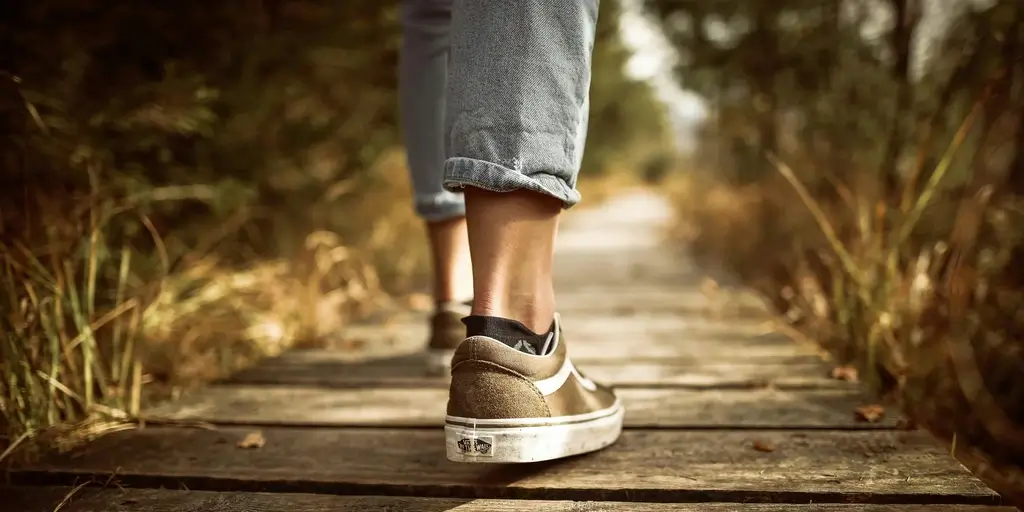

Discussion about this post